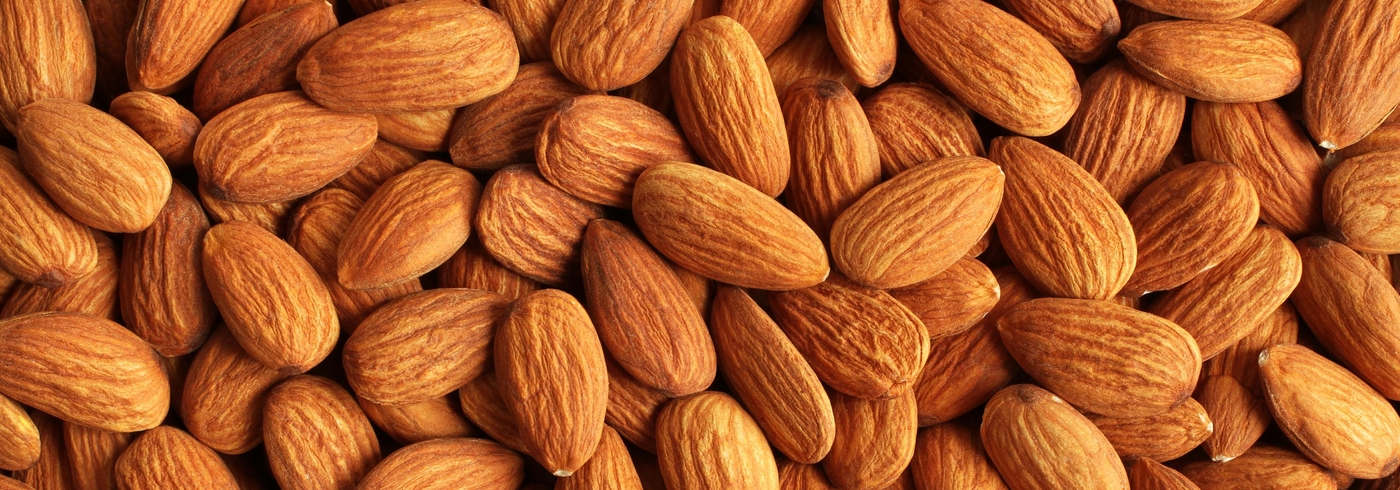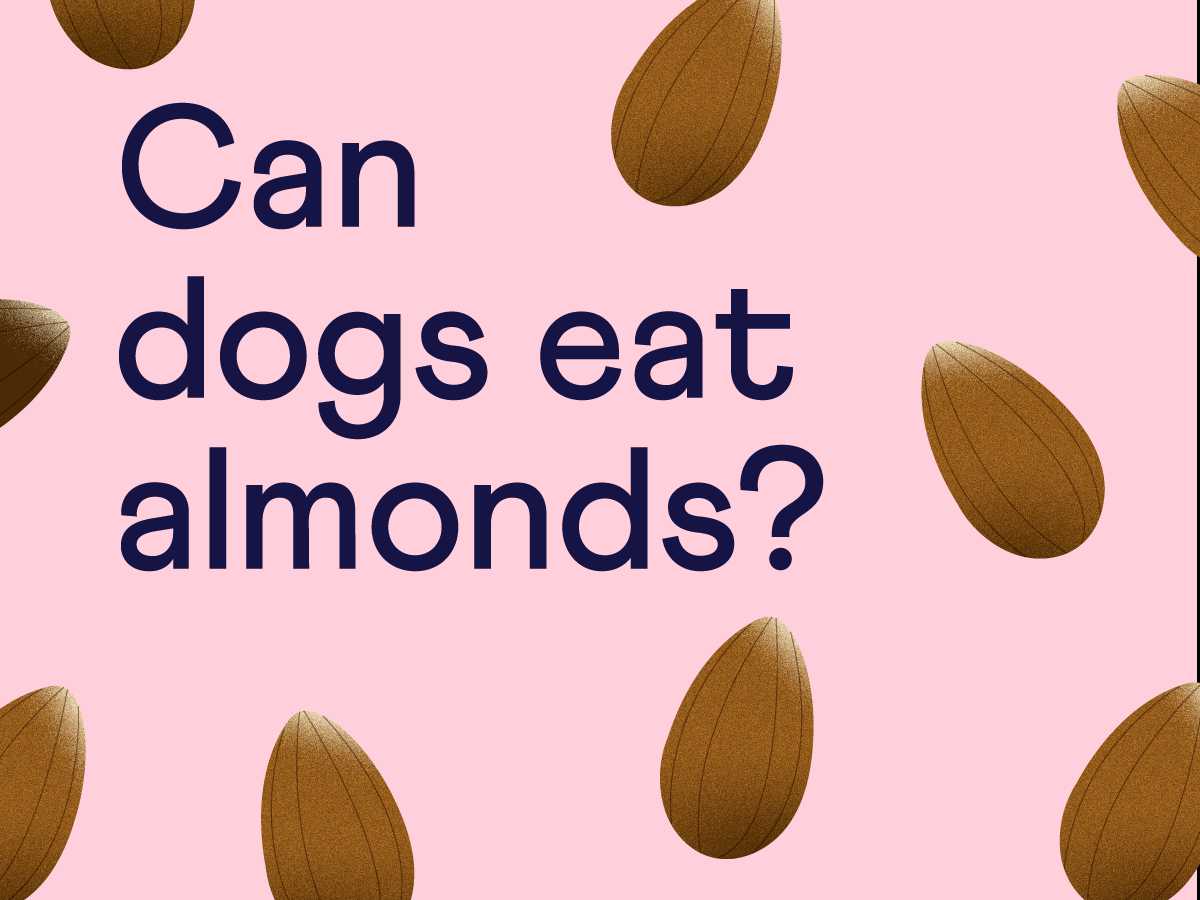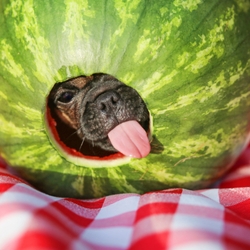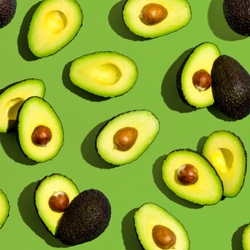
Can Dogs Eat Almonds?
Wondering if almonds make a great snack for your pup? Read on as we discuss whether dogs can eat almonds, or if other snacks might be a better fit.
For humans, almonds are an incredibly healthy snack. And, because you love your dog, you’ve probably wondered if you can share those health benefits with your furry friend. But, can dogs eat almonds?
Unfortunately, these nuts are not quite as beneficial for your dog as they are for you. Here’s more about why you should avoid feeding your dog almonds and what you can substitute instead, courtesy of the doggy experts at Finn.
What Happens When Dogs Eat Almonds?
What is so bad about feeding your dog almonds, and what can happen if your pup does get into them?
First of all, if we based what we were allowed to feed our dogs on what they liked to eat, nothing would be off the table. Dogs are not known for being picky eaters, and many of them even eat non-food items like shoes, soap, and feminine hygiene products. If you keep almonds in an area accessible to your dog, your dog can and will eat them regardless of the potential side effects.
If your dog does get into almonds, there are a few specific symptoms that you should look out for that could indicate a potential problem:
- Diarrhea
- Gas
- General abdominal discomfort and gastric intestinal distress
- Lethargy
- Loss of appetite
- Nausea and vomiting
There is one additional risk to note, especially if the almonds you keep in the house are flavored. Some spices and flavorings can add to the GI upset, increasing the risk of stomach irritation or the above symptoms. If the almonds are salted, your dog may experience water retention, bloating, or even salt toxicity.
There is also a slight possibility that your dog may have an allergy to almonds, although rare. Signs of an allergic reaction may include any of the above symptoms, but if you notice swelling of the face or trouble breathing, the reaction will require immediate veterinary attention.
Are There Any Severe Side Effects If Your Dog Does Eat Almonds?
In most cases, especially if your dog has only eaten a few almonds, the side effects your dog may experience are minimal. However, if your dog is smaller in size or eats more than just a handful of almonds, there is a possibility that they may experience more severe side effects.
Pancreatitis
The main reason almonds can cause serious issues is that they are high in fat. Even though this is a healthy type of fat (for humans, at least), it can lead to a condition in pups known as pancreatitis.
Pancreatitis is an inflammation (swelling) of the pancreas, an organ that produces insulin and the enzymes needed to digest carbohydrates, fats, and proteins, and it’s caused by the ingestion of very fatty foods, like almonds.
Obstruction and Choking
In addition, almonds can also pose a risk of obstruction. If your dog tends to wolf things down without chewing them, an obstruction is even more likely.
An obstruction is essentially a blockage in the intestines that can be caused by nearly anything, either food-related or otherwise. Non-food-related objects like socks or underwear commonly cause obstructions. In many cases, obstructions need surgical intervention and can be fatal if not treated promptly.
For smaller dogs, almonds can also be a choking hazard, as they are just big enough to lodge in the esophagus or windpipe and block the airway for smaller dogs or puppies (this is a great reason to learn how to give your pet CPR, by the way!).
And finally, you should note that one variety of almonds can be particularly dangerous — unprocessed bitter almonds. If your dog gets into these, you should contact your veterinarian right away. Unprocessed bitter almonds contain a chemical called hydrocyanic acid (cyanide) that can be fatal — even in small quantities.
What Should I Do If My Dog Ate Almonds?
If your dog does get into almonds, try to see if you can figure out how many they may have eaten to decide your next steps.
As long as your dog chewed the nuts before swallowing them, ate almonds that are not unprocessed or bitter, and is not a toy breed, one or two whole almonds are generally not a significant issue.
Monitor your dog for any signs that they may be experiencing intestinal distress, and seek veterinary care right away if they develop. However, your dog may not experience any side effects at all.
If your dog has eaten more than a handful of almonds or has eaten unprocessed bitter almonds, call your veterinarian for advice. Don’t try to make your dog vomit, as that can lead to other issues.
Are All Nuts Bad for Dogs?
While not every nut is toxic, you should avoid feeding your dog nuts in general. Nuts as a whole are full of fat, so they all can trigger pancreatitis and other gastrointestinal concerns in your dog (even in relatively small amounts).
Certain nuts, like macadamia, may even cause symptoms of toxicity, including tremors, ataxia (trouble walking), and hyperthermia (increased body temperature).
The possible side effects of feeding your dogs nuts of any kind far outweigh any potential health benefits, and your dog’s diet can easily be supplemented with plenty of other delicious and safe treats.
Healthy Almond Alternatives That Are Safe To Feed Your Dog
If you’re looking for healthy treats that you can safely feed your dog, we have a few suggestions.
Whether you have an active pup, an adult dog, or a senior canine, healthy treats are an excellent way to maintain your furry family member's level of health and wellness while giving them a little reward or just sharing some love. Remember, treats should never make up more than 10% of your dog’s daily caloric intake.
- Apples — An apple a day keeps the doctor away, right? Although that might be just a proverb, the thought behind it remains true. When fed in moderation as an occasional treat, apple slices (with the core and seeds removed, of course) can be a healthy part of any dog’s diet.
- Blueberries — If you’re looking for a smaller treat that you don’t need to cut up before feeding, blueberries can fit the bill. These small, bite-sized berries are full of vitamin C and other antioxidants, and most dogs love them. You can even freeze them to give your dog a nice ice cream-esque treat on a hot summer day.
- Carrots — If your dog isn’t a big fan of fruit, carrots are another healthy alternative with a similar crunch to apples. When fed raw, they can help promote healthy teeth and gums and provide your dog with fiber and vitamin A. Make sure to cut up your carrots before feeding them to your dog, though, or stick to baby carrots, as larger pieces can be a choking hazard.
- Peanut butter — Although raw nuts are no-nos for your dog, peanut butter can be a healthy addition when given in small amounts. For instance, while you can’t give your dog a big ol’ scoop of peanut butter as a treat, you can put it into a washable chew toy as a delicious and stimulating treat. To up the ante a little bit more, put the toy in the freezer overnight before giving it to your pet. This extends playtime further, keeping your dog occupied longer, too!
Other Ways To Keep Your Dog Healthy
In addition to making sure to feed your dog healthy snacks, there are a few other ways you can make sure to keep your dog in tip-top shape.
Exercise should be a regular part of your day-to-day life with your dog. Nearly anything can be exercise, from a quick walk around the block to a three-mile run to just 20 minutes of frisbee throwing. What’s most important is that you get your dog up and moving instead of letting them lay around the house all day.
Activity helps your dog in two ways — it helps them maintain a healthy weight (obesity in pets can shorten their lives significantly), and it engages their brains to combat boredom. Dogs who get enough activity are less likely to experience behavioral issues, and exercise is great for you as well!
Your dog’s healthy treats should only be a small supplement to high-quality dog food designed for your pet’s unique needs. Not only do dogs of different ages have different nutritional needs (puppies and senior dogs, for instance), but particular health concerns and your dog’s activity level also require special food. There is dog food meant to help control a dog’s weight or help dogs with sensitive GI systems, as well as high-protein high-fat diets for working and sporting dogs.
Ask your veterinarian if you have any specific concerns or questions about your pet’s diet.
In Conclusion
Can dogs eat almonds? No, but there are plenty of other healthy snacks that you can safely feed your furry best friend.
Keeping your dog’s health and wellness in check is the best way to enjoy spending time together for years to come. Stick with Finn for more tips to give your best bud the life they deserve, one tip at a time.
Sources:
Gastrointestinal Obstruction in Small Animals - Digestive System | Merck Veterinary Manual





Comments: